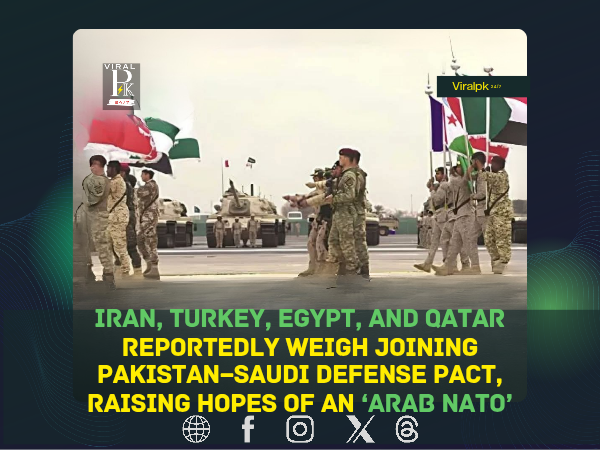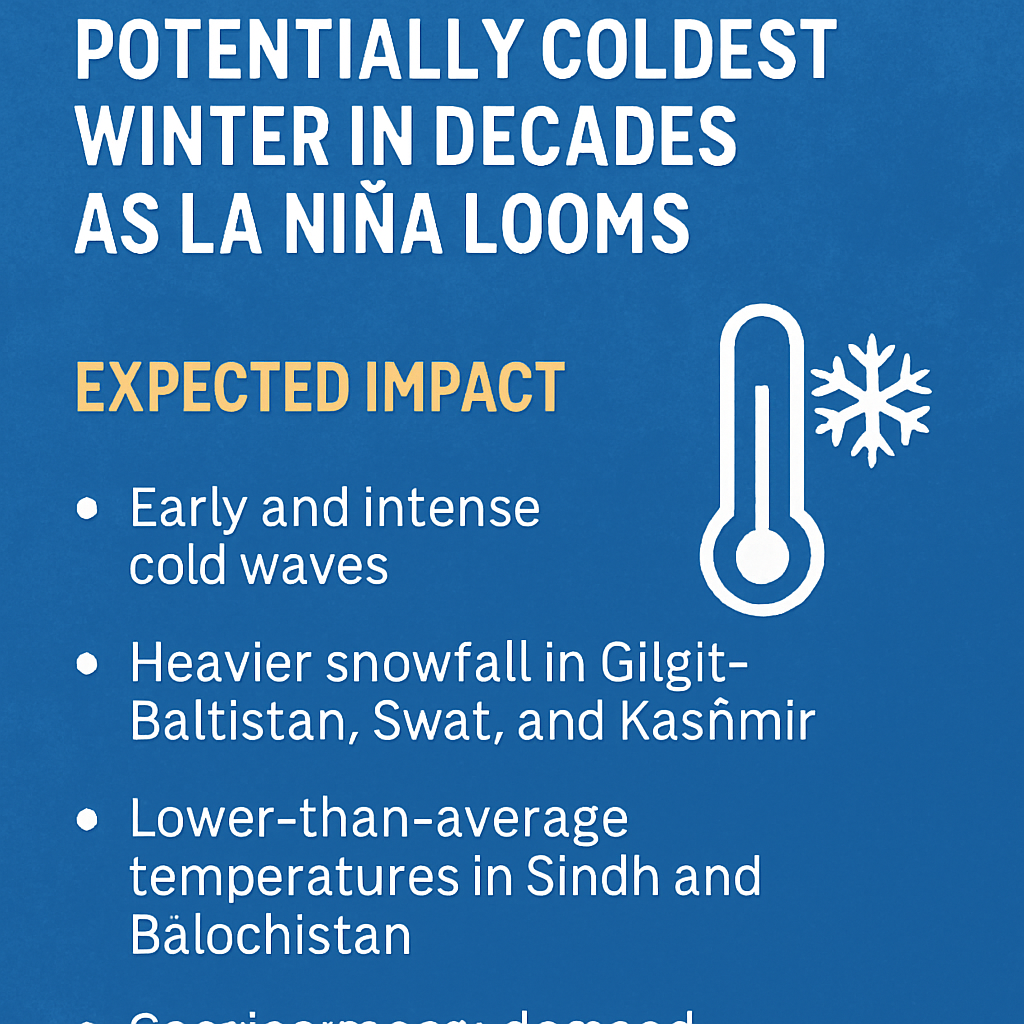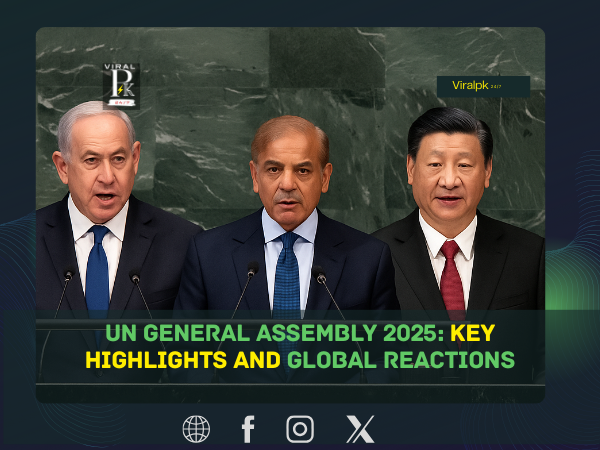A new wave of regional speculation suggests that Iran, Turkey, Egypt, and Qatar are considering participation in the recently signed Pakistan–Saudi Strategic Mutual Defense Agreement (SMDA)—a move that analysts say could lay the groundwork for an Arab-style NATO alliance.
Background: The Pakistan–Saudi Pact
The SMDA, signed earlier this month in Riyadh, commits Pakistan and Saudi Arabia to view an attack on either nation as an attack on both. Defense cooperation will include intelligence sharing, joint exercises, and rapid-response mechanisms. Officials from both countries describe the pact as open to other partners in the Islamic world, sparking talk of a broader military bloc.
Pakistani Defence Minister Khawaja Muhammad Asif told regional media that “the agreement is not exclusive” and that “friendly Muslim nations are welcome to join,” underscoring the possibility of a multilateral expansion.
Potential New Entrants
Iran
Despite historic rivalries with Saudi Arabia, Tehran has floated the idea of a pan-Islamic defense framework for years. Analysts note that the recent thaw in Iran–Saudi relations could pave the way for exploratory talks, though ideological and strategic differences remain significant.
Turkey
As a NATO member with strong ties to Pakistan and a robust defense industry, Turkey is viewed as a natural candidate. Ankara has previously participated in joint military drills with both Islamabad and Riyadh and advocates closer security cooperation among Muslim-majority nations.
Egypt
Cairo has long championed Arab collective defense initiatives. President Abdel Fattah el-Sisi recently reiterated his support for an “Arab military coalition” to address Middle East instability, making Egypt a key potential partner.
Qatar
A diplomatic and economic heavyweight in the Gulf, Qatar has invested heavily in defense modernization and has called for greater Islamic unity in response to regional conflicts, positioning itself as another likely participant if talks proceed.
Strategic Implications
If these countries were to formally join, the bloc could rival established alliances in both scope and capability:
- Military Power: A combined force drawing on Pakistan’s nuclear capabilities, Turkey’s NATO-standard armed forces, and the Gulf states’ advanced air defenses would be unprecedented in the region.
- Regional Security: Such an alliance could reshape deterrence dynamics vis-à-vis Israel, counterterrorism operations, and maritime security in the Persian Gulf and Red Sea.
- Global Response: Analysts predict mixed reactions from major powers. Washington might view the pact as a challenge to U.S. influence, while China and Russia could see new opportunities for strategic engagement.
Obstacles to a Unified ‘Arab NATO’
Despite the buzz, experts caution that the road to an integrated military alliance is fraught with obstacles:
- Political Divergences: Historic rivalries, especially between Iran and Saudi Arabia, could complicate decision-making.
- Legal Frameworks: No formal mechanism yet exists to standardize command structures or collective-defense clauses beyond the Pakistan–Saudi agreement.
- Economic Commitments: Building a multinational force would require substantial and sustained funding as well as interoperability across different military systems.
Outlook
While no formal invitations or agreements have been announced, the SMDA’s “open-door” clause keeps the door ajar for broader participation. Analysts say that even exploratory talks among Pakistan, Saudi Arabia, Iran, Turkey, Egypt, and Qatar signal a potential historic shift in Middle Eastern security architecture—one that could redefine alliances and rivalries for decades.
For now, the possibility of an Arab NATO remains speculative, but the growing momentum underscores a shared recognition among Muslim nations of the need for a collective security framework in an increasingly volatile region.
📌 Disclaimer: This article is for informational purposes only and picture generated by AI. Follow VIRAL PK 24/7 for more updates.
SEO Keywords: Pakistan Saudi defense pact, Arab NATO alliance, Iran Turkey Egypt Qatar security cooperation, Middle East military coalition, Pakistan Saudi strategic defense agreement











